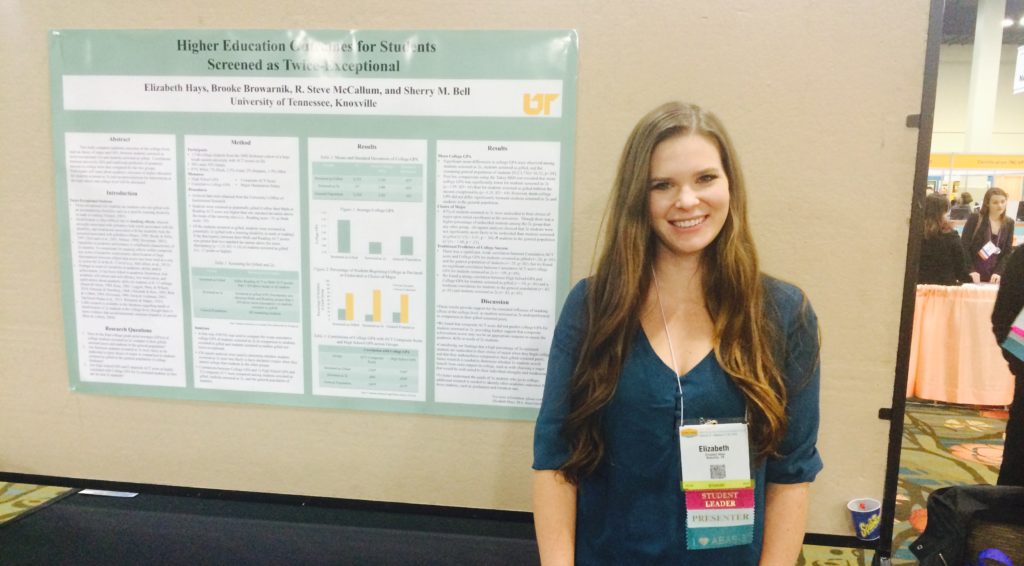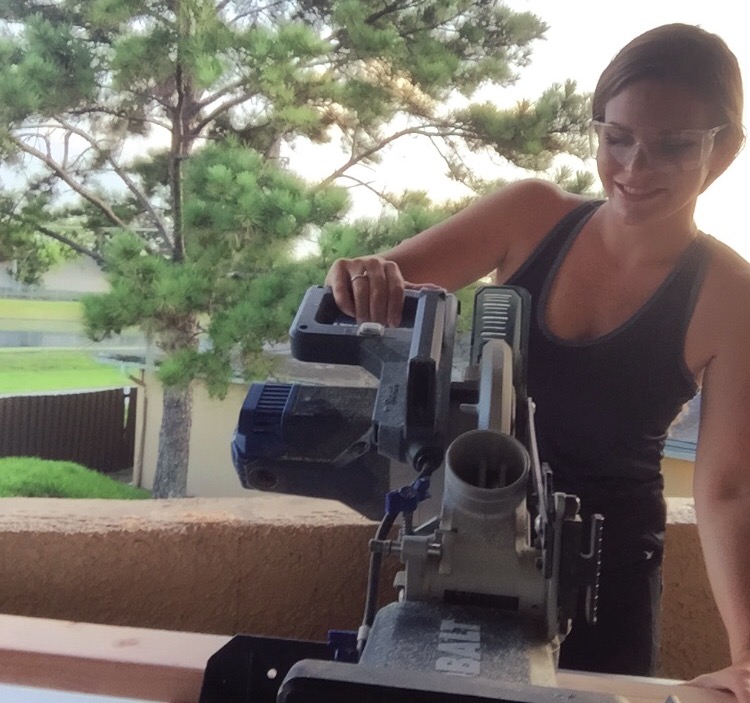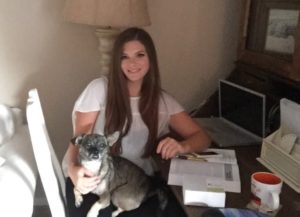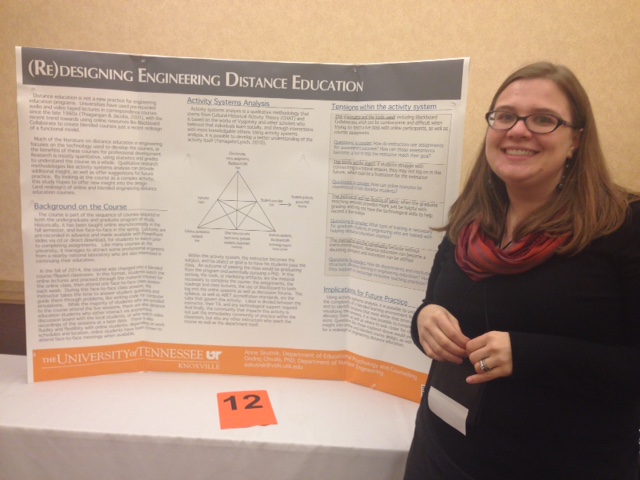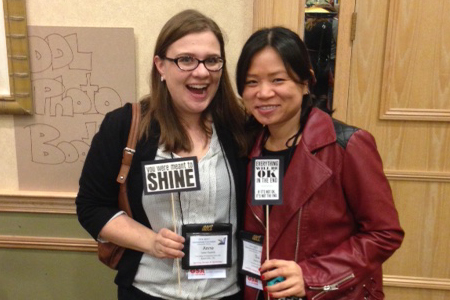School Psychology
Elizabeth is currently seeking her PhD in school psychology. Originally from Hendersonville, TN she received her BA in psychology, MS in educational psychology, and a graduate certificate in grief, loss, and trauma all at the University Tennessee. She joined the School Psychology program in 2011. We asked her to reflect on some of her past and current experiences. Read her responses below.
Awards
- Richard W. Yoakley Fellowship – 2014 | Fellowship given by the Yoakley family to support a local school psychology student.
Accomplishments
Roles/Positions
- Editorial Assistant for the Journal of Evidence-Based Practices for Schools – 2013-2015
- GTA Academic Advisor in the College of Arts and Sciences – 2012-2015
Publications
- Bell, S. M., Taylor, E. P, McCallum, R. S., Coles, J. T., Hays, E. (2015). Comparing prospective twice-exceptional students to high-performing peers on high-stakes tests of achievement. Journal for the Education of the Gifted, 1-24. doi:10.1177/0162353215592500
- Dissertation: “Academic Outcomes in Higher Education for Students Screened as Twice-Exceptional: Gifted with a Learning Disability in Math or Reading” Steve McCallum chair
Presentations
- Hays, E., Browarnik, B., McCallum, R.S., Bell, S. M. (2015). Higher education outcomes for students screened as twice-exceptional. Presented at the annual convention for the National Association of School Psychologists, Orlando, FL.
- Coles, J., Hays, E., McCallum, R. S. (2015). The relationship of educators’ perceptions and knowledge of cognitive testing. Presented at the annual convention for the National Association of School Psychologists, Orlando, FL.
- Hays, E., & Skinner, C. H. (2014). Randomized criteria and dependent group contingencies to reduce class-wide disruptions. Presented at the Mid-South Regional Conference on Psychology in the Schools, Chattanooga, TN.
- Browarnik, B., Durall, E., Hays, E., Coles, J. (2014). Comparing prospective twice-exceptional students to high-performing peers on high stakes tests. Presented at the annual conference for the American Psychological Association, Washington, D.C.
- Hays, E., Coles, J., McCallum, R.S., Walpitage, L. (2013). Pre-service teachers’ knowledge and perceptions of intelligence tests. Presented at the annual conference for the Tennessee Association of School Psychologists, Nashville, TN.
- Miller, K. C., Hays, E., Bell, S. M., McCallum, R.S. (2012). Predictive validation of CBM data slopes using varying time intervals. Presented at the annual conference for the National Association of School Psychologists, Seattle, WA.
Refer to Curriculum Vita for more details
Current Occupation
Intern
Cypress-Fairbanks Independent School District, Cypress, Texas
I work with students in both general and special education. My primary roles are behavioral consultation, assessment, and pre-referral intervention for behavioral, social, and academic concerns. I also provide individual and group counseling to students. I also have opportunities to practice evidence-based interventions in the Family Counseling Clinic.
Personal Interests
In my spare time I love to build wooden furniture. I always like to have a project going on on the side, and over the past few years I’ve built enough furniture to completely furnish my apartment. My favorite thing that I have built is my secretary desk. I also enjoy taking my dog Lyla to the dog park and spending time with my family, friends, and boyfriend.
Future/Vocational Goals
After finishing my internship, I plan to become nationally certified as a school psychologist. While I am excited to start working in the schools, I like that this degree has also prepared to me to pursue licensure as a psychologist, which would give me the option of working in a clinic focused on assessment, behavioral intervention, and consultation.
What would you tell an incoming student who joins the program?
I would encourage new school psychology students to be proactive about seeking out supplemental experiences beyond the core practicum requirements. While I think it is important to avoid over-committing, I would encourage students to gain as much breadth as they can in their exposure to different populations, settings, and experiences. I also would encourage students to work as a team with the other students in their cohort; it’s a lot easier that way.
What sold you on this program?
One thing that really stood out to me about this program was the efficiency. When I met with the current students on my interview day, almost all of them were on track to finish their degrees within 5 years. Anxious to work as a practitioner, I loved that the program was set up to push me to work hard so I could get out into the field. I could see how student-focused the faculty were, and I felt like I could trust them to help me make the most out of my time in graduate school. Entering our fifth year, all four students in my cohort have defended our dissertations and feel prepared for our internships.

